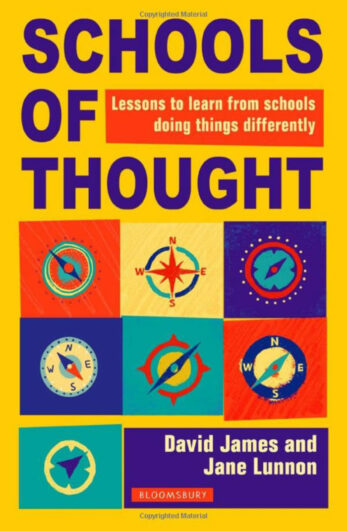Sucking the life out of learning
By @jennielou75
What a week to be a primary teacher! After the writing exemplifications documents sent shockwaves through primary schools, the response I heard from a group of teachers in Darlington was echoed across the country. The sense was one of panic as teachers knew that more children would be labelled as failing. Jenny gives a passionate account of chaos on the year 2 frontline: “No one knows what the heck we are doing. We wait for the next missive to arrive from theDepartment for Education (DfE) … I attended a moderation/standardisation session run by my local authority which made it clear that they don’t have much of a clue either. One told us that we should use the interim assessments at the end of the year, the other said stick them in books and highlight them as they achieve them. Everyone is confused and reacting with panic to every change.”
For those who have read the blog above and concluded that teachers are overreacting and should feel grateful because the DfE has given them an additional few weeks to submit data, please keep reading. As Michael states: “For the DfE to claim some magnanimity in moving the KS1 submission date back by two weeks when the materials are already over three weeks late after their already late deadline … once again shows their complete disregard for the profession.” Surely the profession will not accept these meager conciliatory offerings from the government. He goes on to explain what he believes the DfE has got right and what it has got wrong. The conclusion is saddening as he acknowledges the inevitable pointless workload increase in for teachers: “Currently, as a teacher of year 6 pupils, I can see no other way of preparing myself for the high-stakes moderation process, than to collect an evidence trail of ticks to assure the moderator (and myself). And as a deputy headteacher, I can see no other way of preparing my school for the high-stakes league tables and floor standards, than to corrupt good teaching to try to tick those boxes.”
10 ways SLT can reduce teacher workload
By @DebraKidd
Debra gives us a timely reminder that there are concrete things that the senior leadership teams (SLT) can do to reduce teacher workload, despite all the pressures from the DfE and Ofsted: “Even just in the past three years, the marking frenzy sparked by those immortal words ‘progress over time’ has made the experience of anyone who hasn’t had to deal with a full timetable more or less obsolete.” Of course I would argue that you need a collective group to both point these things out and put pressure on SLTs to deliver them! “Drop the ridiculous expectations about marking and evidence in books that have arisen from the fear that Ofsted will complain about a lack of work. Ofsted have been clear that they don’t expect every piece of work to be marked, certainly not triple marked. Learning happens in brains, not in books and if the children are not given time to process, discuss and articulate their learning, it is rarely retained. Encourage your staff to allow children to evidence their learning in all kinds of ways and let them take responsibility for evidencing it when the inspectors call – by talking to them.”
Robin Alexander on Ofsted’s new boss
By @reclaimschools
Ofsted’s impact upon frontline teachers remains as strong as it ever was. There have been really positive moves from the inspectorate in the past year. But could this all be about to change? Robin Alexander reminds us Ofsted is impartial and reports to parliament, not a political party. It “must do so without fear or favour, judging the performance of all schools … by the standards they achieve and the way they are run”.
He concludes that we need an independent chief inspector: “The talent worthy of celebration and reward … resides solely in the office of the head … Such independent-minded and genuinely talented people may conclude from inspection or research evidence that flagship policy x, on which minister y’s reputation depends, isn’t all it is cracked up to be… isn’t it exactly what a genuine democracy needs in order that well-founded policies gain a hearing, ill-founded policies are abandoned before they do lasting damage?” If the next few weeks are as interesting as the past few, it’s going to be a bumpy ride until Easter.







Your thoughts